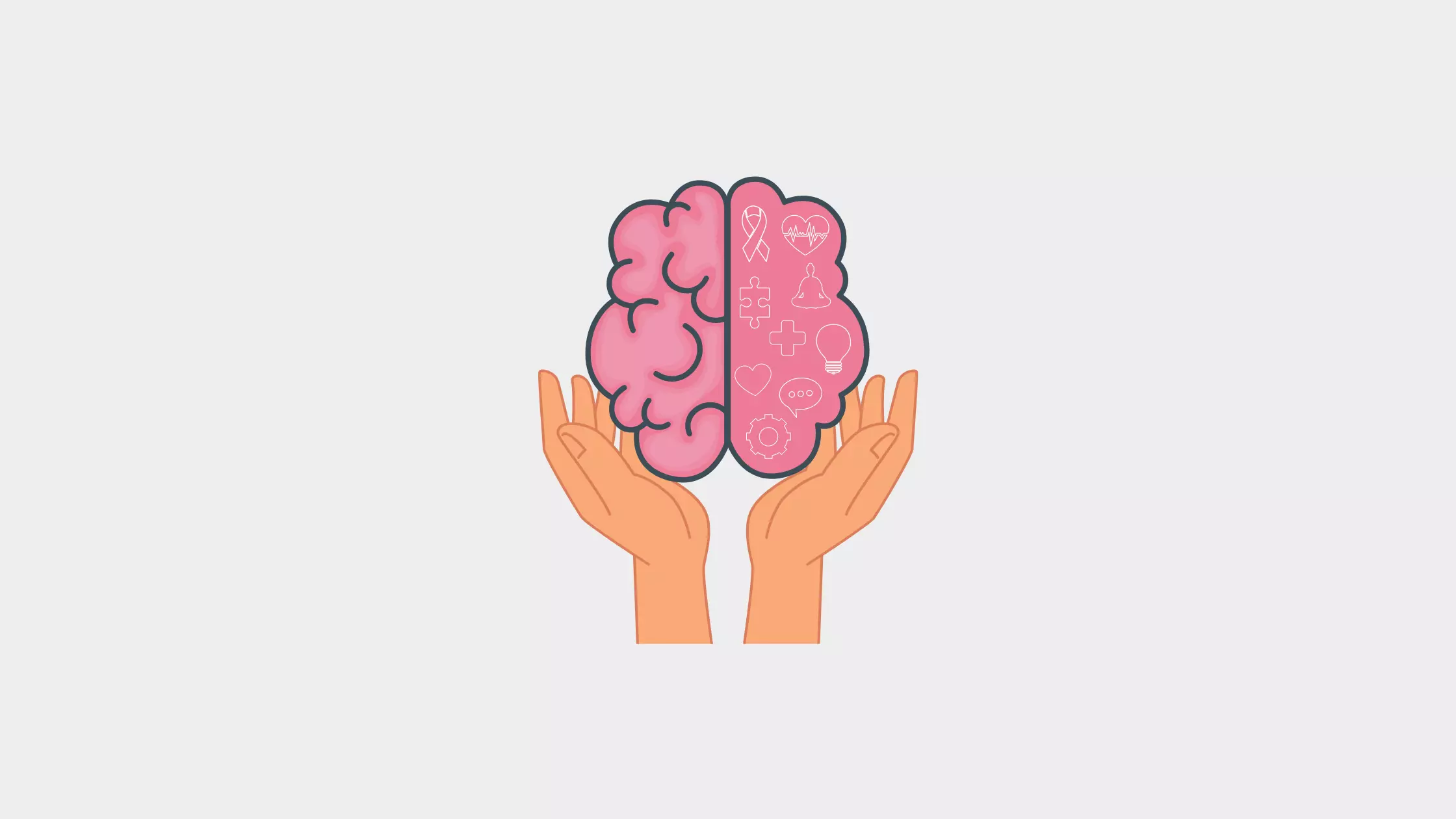Recognizing the Impact of Workout on Mental Wellness and Total Wellness
In the world of mental health and general wellness, the significance of workout is a multifaceted topic that requires exploration. Past its physical benefits, the impact of exercise on one's mental health has been a subject of expanding interest and research. The elaborate interaction between physical task and emotional health unveils a range of favorable end results that extend much beyond the boundaries of a gym or a running track. As we browse through the complexities of this relationship, a much deeper understanding of just how exercise affects our psychological state and general wellness arises, dropping light on the profound implications it holds for our day-to-days live and long-lasting health.
Advantages of Exercise on Mental Wellness

Normal physical exercise has actually been shown to significantly enhance psychological health outcomes in people of all ages. Involving in routine workout not just advantages physical health yet also plays a critical role in enhancing psychological health and wellness.
In addition, workout has actually been connected to boosted cognitive feature and total mind health and wellness. In addition, workout promotes much better sleep patterns, which are important for maintaining good psychological wellness.

Link In Between Exercise and Stress
Workout serves as a potent mechanism for alleviating tension and promoting psychological wellness by assisting in the launch of endorphins and fostering a sense of leisure and restoration. Workout promotes the manufacturing of endorphins, often referred to as the body's all-natural painkillers, which act as mood elevators and stress relievers.
Taking part in exercise also uses a diversion from everyday stress factors, allowing individuals to focus on the present moment instead than ruminating on sources of stress and anxiety. In addition, workout can enhance self-esteem and confidence, supplying a sense of success and control that can fight sensations of vulnerability commonly related to tension. By including workout right into a normal routine, individuals can properly handle anxiety levels, causing improved psychological well-being and general lifestyle.
Effect of Workout on Mood
Participating in physical activity has been shown to substantially influence one's mood and psychological wellness. The partnership between exercise and mood is well-documented, with various researches highlighting the favorable results of exercise on mental health and wellness. When we participate in exercise, our bodies launch endorphins, commonly referred to as "feel-good" hormones, which can help reduce sensations of stress and anxiety, depression, and anxiety. Additionally, regular workout can result in improved self-confidence and a feeling of success, which can better improve one's general state of mind.
Moreover, the effect of exercise on state of mind extends beyond simply the prompt post-workout duration. Research study recommends that people who keep a constant workout routine are most likely to experience long-term renovations in their mood and psychological state. This can be credited to the structural changes in the brain that happen as an outcome of regular physical task, such as raised connectivity between brain regions in charge of managing feelings.
Workout and Cognitive Feature
Countless studies have actually shown the considerable effect of exercise on cognitive feature, highlighting the elaborate relationship in between workout and psychological procedures. Participating in normal workout has actually been shown to improve different facets of cognitive feature, consisting of memory, focus period, analytical abilities, and total psychological skill. Exercise promotes the release of natural chemicals such as dopamine and serotonin, which play vital functions in cognitive function and mood regulation. Additionally, exercise promotes the development of brand-new brain cells and enhances the links between them, resulting in improved cognitive performance.
Additionally, consistent exercise has actually been linked to a reduced threat of this link cognitive decrease and neurodegenerative diseases such as Alzheimer's. Studies recommend that individuals that maintain an active lifestyle throughout their lives experience slower prices of cognitive decline contrasted to those who are less active. On the whole, the evidence extremely supports the idea that routine exercise is not just valuable for physical health yet likewise plays an important role in protecting and enhancing cognitive function.
Approaches for Integrating Exercise
Taking on a structured approach to integrating physical activity into everyday regimens can considerably improve the likelihood of preserving a constant exercise program. Additionally, integrating exercise right into existing regimens, such as strolling or biking to work, taking the stairways instead of the elevator, or scheduling regular workout sessions, can help make physical activity a regular component of daily life.
An additional valuable method is to find activities that are pleasurable. Whether it's dancing, swimming, yoga exercise, or cycling, participating in activities that bring pleasure enhances the opportunities of sticking with the exercise regimen in the future. Varying the kinds of workouts and setting apart time for both aerobic and strength-training tasks can stop boredom and give an all natural approach to physical fitness.
Including workout right into social tasks, such as joining a sports team or workout team, can likewise promote a sense of area support and liability, making it easier to remain dedicated to normal exercise. By implementing these approaches, people can create a sustainable and meeting exercise regimen that promotes mental health and total wellness.
Final Thought
Finally, workout has various advantages for mental wellness and overall health. It can aid decrease stress levels, boost mood, and improve cognitive feature. Incorporating normal physical activity into one's routine is important for advertising psychological well-being. By recognizing the effect of exercise on mental wellness, people can take proactive steps to prioritize their physical activity and gain the positive effects on their psychological content and psychological state.
